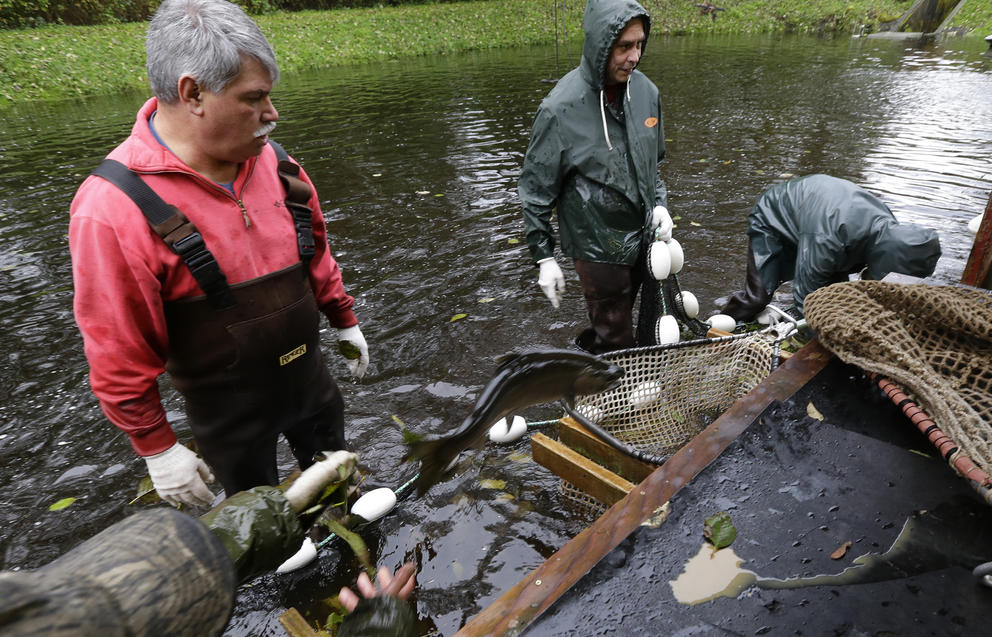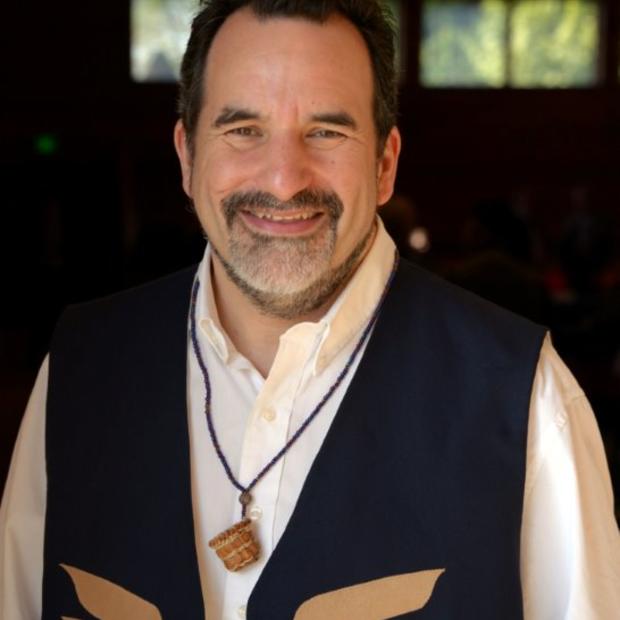The American Jobs Plan would address some of the most neglected aspects of life in the United States, including the challenging conditions that prevail in much of Indian Country. This initiative would repair such traditional infrastructure as worn-out roads, rail lines and bridges, and also invest in infrastructure that would fuel future prosperity, like broadband internet and upgrades to the electrical grid.
The proposal also makes significant investments in people by providing access to education, health care and public safety. The American Jobs Plan is a holistic approach to infrastructure that offers jobs now while strengthening our communities and investing in hope for generations to come.
The COVID-19 pandemic and the expanding awareness of racial injustice make it clear that our country needs investment in both its muscle and its soul. Both are badly needed in tribal nations and by the country as a whole to create a better world for coming generations.
As chairman of the Suquamish Tribe and president of the Affiliated Tribes of Northwest Indians, my work centers on American Indians, who are among the country’s most neglected people. Our fates were tied to treaties that promised education, health care and the right to continue our ways of life and means of sustenance through fishing and hunting.
Most early federal investment was used to force us off lands coveted by settlers or extractive industries, and to attempt to assimilate us by dividing our reservations into allotments, scattering tribal communities and forcing tribal children (our parents and grandparents) into far-flung and often abusive boarding schools.
The promises that the United States made to our people in these treaties were ignored, broken or both.
Over time, though, farsighted tribal leaders, working from their living rooms with few resources, fought off policies aimed at undermining and even terminating tribes. These leaders pushed back against federal, state and local policies that fractured tribal economies — which were built on fishing, hunting and other sustainable harvesting practices — and against policies that neglected health and educational services.
These leaders made remarkable progress, but Indian Country has a long way to go to recover from generations of federal mismanagement, discriminatory practices, treaty violations and neglect. President Biden’s jobs plan is a historic step toward meeting the federal government’s obligations to Indian Country, while making the entire nation more resilient.
Here are just some of the many areas in which the plan could help transform Indian Country:
- Health care. Indian Country has one of the nation’s most underfunded health care systems, which contributes to the fact that American Indians suffer some of the worst health outcomes in the nation. Funding from the Coronavirus Aid, Relief and Economic Security Act has helped. My tribe, the Suquamish Tribe, was able to make a down payment on a badly needed health clinic with CARES Act funding. But much more needs to be done to restore the health of our people. The American Jobs Plan will bolster funding for critical infrastructure that supports health care facilities, including clean water, sanitation and broadband.
- Habitat restoration. Our treaty fishing rights mean little if the species we rely on go extinct. As with the southern resident killer whales, our ways of life are endangered by the sharp decline in salmon populations and the pollution of shellfish beds. Infrastructure spending can help salmon populations recover by upgrading failing municipal sewage systems (as in King County), replacing fish-blocking culverts and cleaning up toxic waste sites. This support can also enable the long-overdue breaching of the lower Snake River dams as part of a Northwest salmon recovery strategy.
- Broadband internet. Tribal nations are frequently the last to get connected to broadband internet, and the pandemic has made clear that connectivity is a lifeline to education, business development and medical services. The Suquamish Tribe leveraged CARES Act funding to provide emergency hotspots to families and students without internet access, and to begin building an internet system that will finally connect tribal housing to broadband services. Biden’s plan promises 100% coverage with high-speed internet, which will be a game changer for both rural communities and tribal nations.
- Climate change. A warming climate poses a threat to all species, including ourselves. Some Indian nations are being forced to move their villages as waters rise. Many of us are seeing the devastating impacts on fish and shellfish of warming rivers and seas, and acidifying oceans. The American Jobs Plan would invest in clean transportation, energy generation and agriculture that would restore hope for the future while creating good paying jobs today. A resilient, updated infrastructure means all of us are able to better weather the inevitable climate challenges ahead.
- Housing. Forty percent of the housing on Indian reservations is inadequate, compared with 6% nationwide. The COVID-19 pandemic ravaged tribal nations, in part, because many multigenerational families living in the same homes were unable to practice social distancing. The jobs plan would invest in crucial development to ensure that American Indians and others can access affordable housing.
These are just some of the Suquamish Tribe’s and other Northwest tribes’ priorities to be addressed by the American Jobs Plan, ensuring a better, healthier and more prosperous future for Indian Country and the entire nation.
I call on Congress to partner with President Biden in a bipartisan effort to help the United States and Indian Country begin to heal the wounds of the past, and build a future where all peoples and species will thrive.



